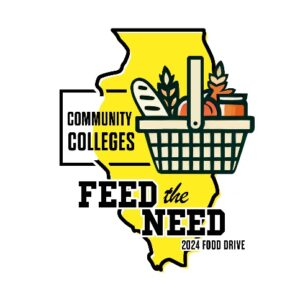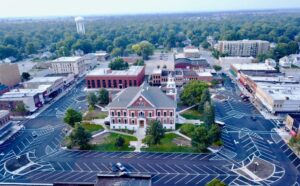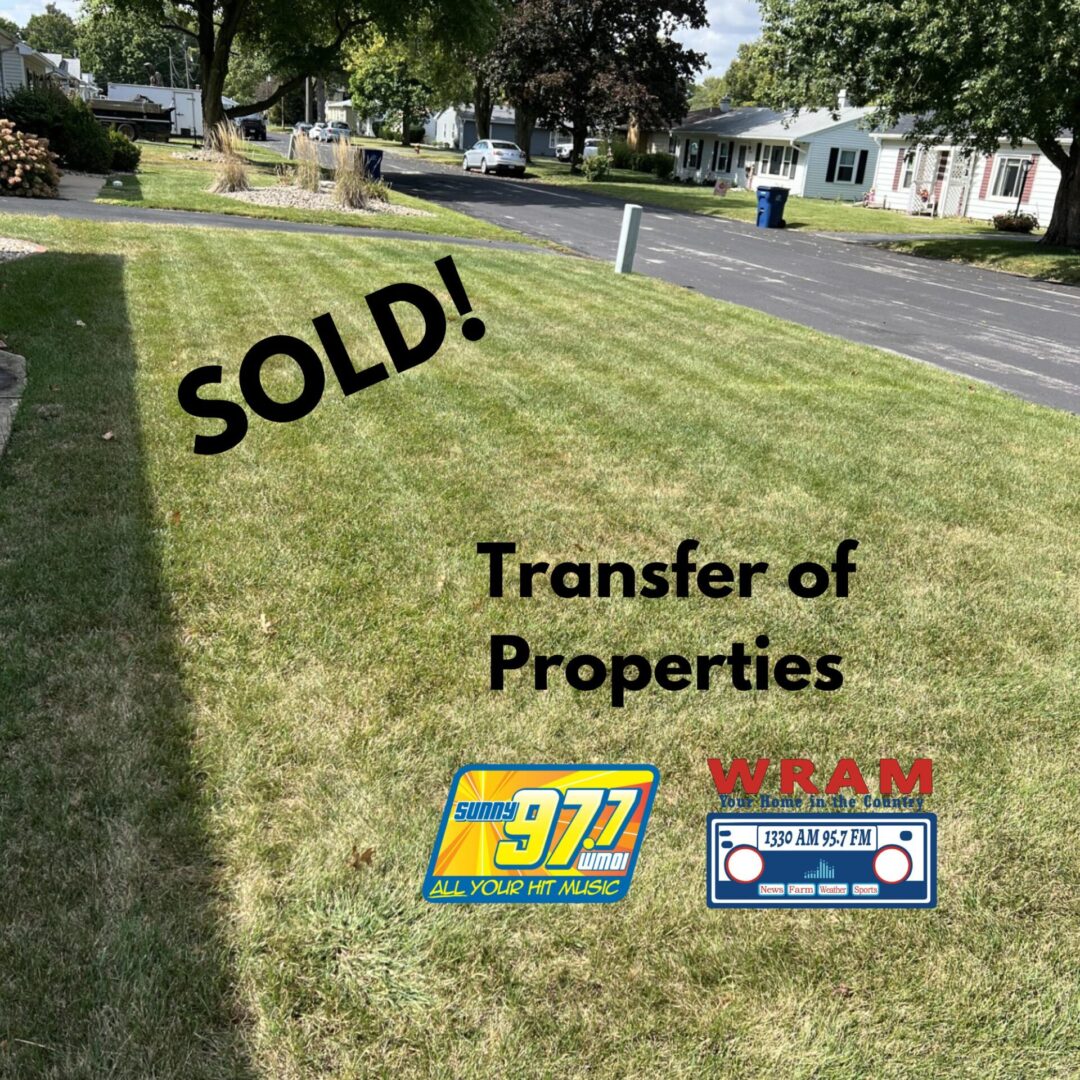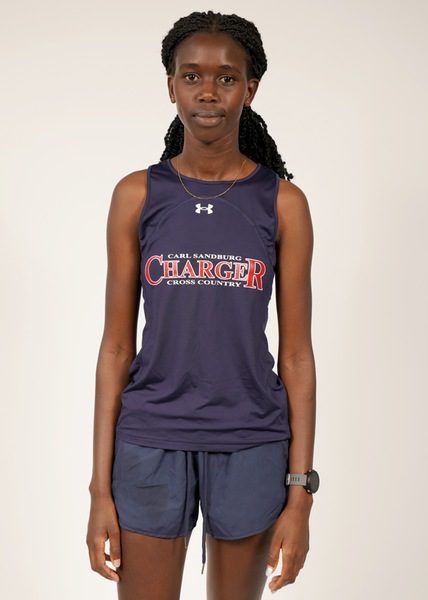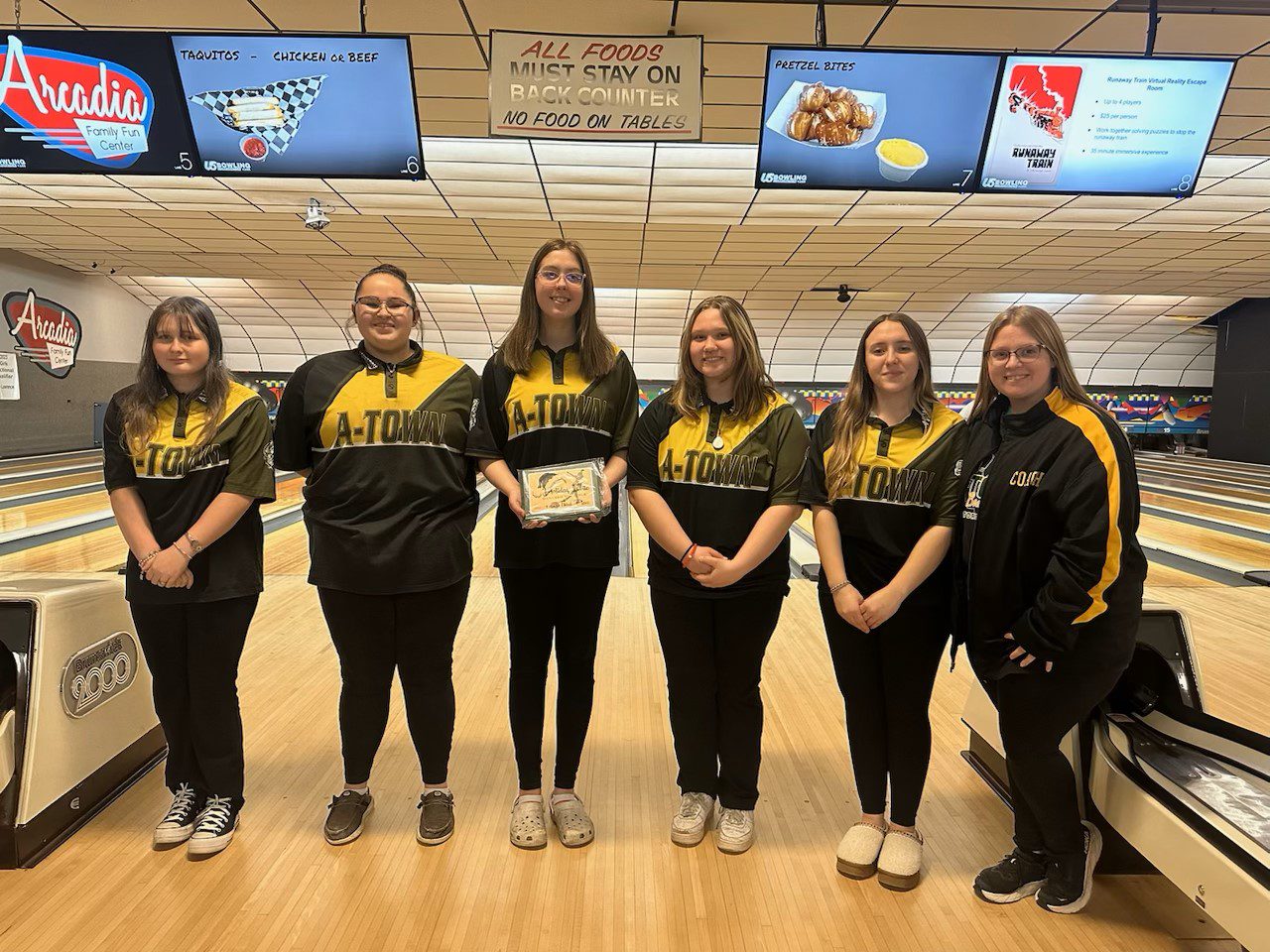Now that we’ve hit April, the gardening season is starting to ramp up. For many of us, that means getting back into the garden and weeding, replacing mulch, and planting and dividing plants. If you don’t have a lot of space or don’t have anywhere to put plants in the ground and want to get in on the gardening action, consider creating a container garden.
Almost anything that you can grow in the garden can also be grown in a container. You just need to provide a few basic needs to your plants – a container, growing media, water, nutrients, and light. When growing plants in a container, here are some things to consider:
- Anything that can hold soil and has drainage can be used to grow plants. This can be a pot from the store, a bucket, a milk carton, or even a shoe or old toilet. Although, if you’re going to be growing something you plan on eating, it’s best to stick to a more traditional pot.
Regardless of what container you use, make sure that the container has drainage holes, and if it doesn’t, make some. Also, make sure your container will be big enough to support your plant once it is fully grown.
- When choosing a growing media for your container, you need to choose something that is well aerated, drains well, and can hold enough water for the plant to grow. Soilless media are generally the best option for container gardening. They are made up of peat, vermiculite, bark, coconut coir, and/or perlite. These can be purchased commercially as all-purpose potting mixes, or you can make your own.
Avoid using garden soils; they can contain weed seeds and pathogens and often don’t drain well enough to be used in containers.
- Providing adequate water to your plants is vital for success. Growing media in containers will dry out much faster than soil in the ground. Plants will vary in their water requirements, but a general rule of thumb is that plants should be watered when the top inch or so of your growing media feels dry. Water plants thoroughly until water starts to trickle out of the drainage holes. In warm, dry weather, you may need to water your containers more than once a day.
- Soil-less media are usually low in nutrients. Because of this, plants growing in them may need to be fertilized at some point. You can use either slow-release or liquid fertilizers. Make sure to follow the directions on the label when applying fertilizers to avoid damage to your plants.
- It is important to know the light requirements of your plants (full sun, partial shade, or shade). Most vegetables and annual flowers need full sun (at least six hours) to grow properly. Other plants can be burned by too much bright light. Many plants will come with labels that indicate their light requirements.
- Before planting, make sure to wet down your growing media thoroughly. Then fill your container. Leave about one inch of space between the rim of your container and the soil. This will help prevent water from overflowing your container.
Good Growing Tip of the Week: You can skip the pot altogether and grow your plants (annuals) directly in a bag of potting soil. Lay your bag of potting mix on the ground, cut a hole in the top for your plants, and plant them directly in the media (make sure you put some drainage holes on the bottom).
***Report Courtesy of the University of Illinois Extension***


